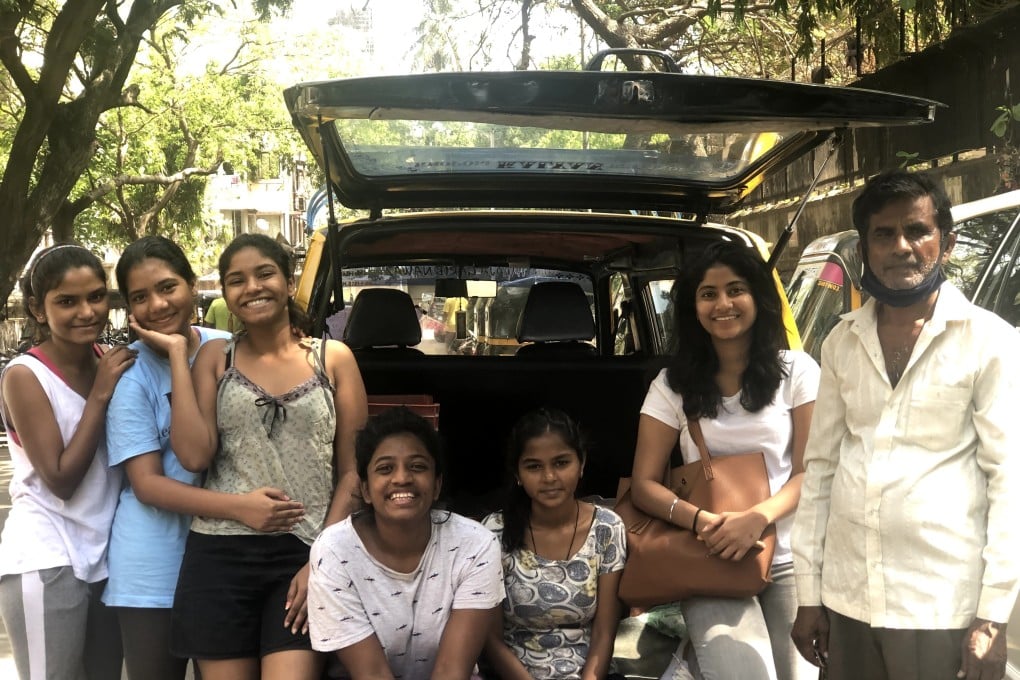Advertisement
In India, sex workers’ children challenge taboos to help the needy
- Women from the Kranti centre have distributed food to 3,000 others in Mumbai’s red-light districts, and are raising funds for relief work
- They hope to help society understand their backgrounds, and overcome the stigma surrounding sex workers and their families
Reading Time:4 minutes
Why you can trust SCMP

Sandhya Nair’s favourite childhood memory is of listening to bedtime tales from the woman she called Amma – Hindi for mother. She was a transgender sex worker, and Nair’s next-door neighbour.
“Every night, while my mother worked, Amma fed me and told me stories until I drifted off into my dreams,” said the 23-year-old, who grew up in Kamathipura, Mumbai’s largest red-light district.
Nair said she thought of Kamathipura as safe. Once, when a man spotted her in the brothel and asked how much it would cost to sleep with her, she said every sex worker around leapt to her defence: “They screamed, ‘don’t you dare go near her, she is our daughter!’”
Advertisement
In the world outside, however, being the daughter of a sex worker was anything but easy. She was first raped at the age of 10 by her schoolteacher, who would go on to assault her habitually, telling her that it was fair game by dint of her mother’s profession. As she grew older, sexual harassment, rape and bullying became a constant part of school life.
“All my life I hated my mother for doing sex work, for the implications it had on me,” Nair said.
Advertisement
Advertisement
Select Voice
Select Speed
1.00x